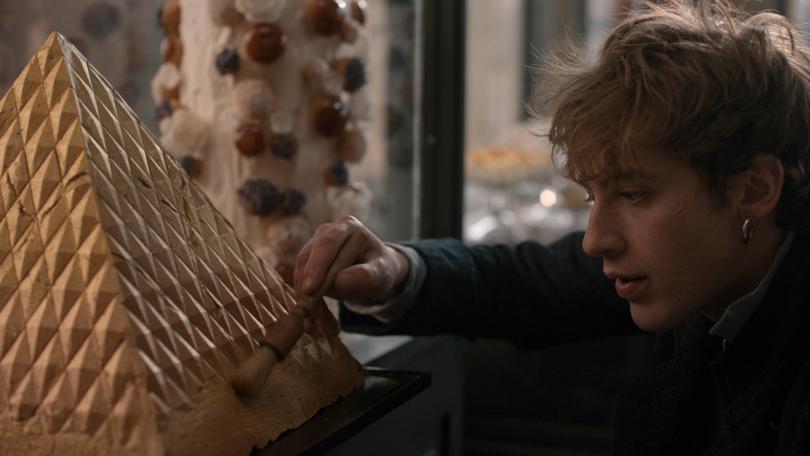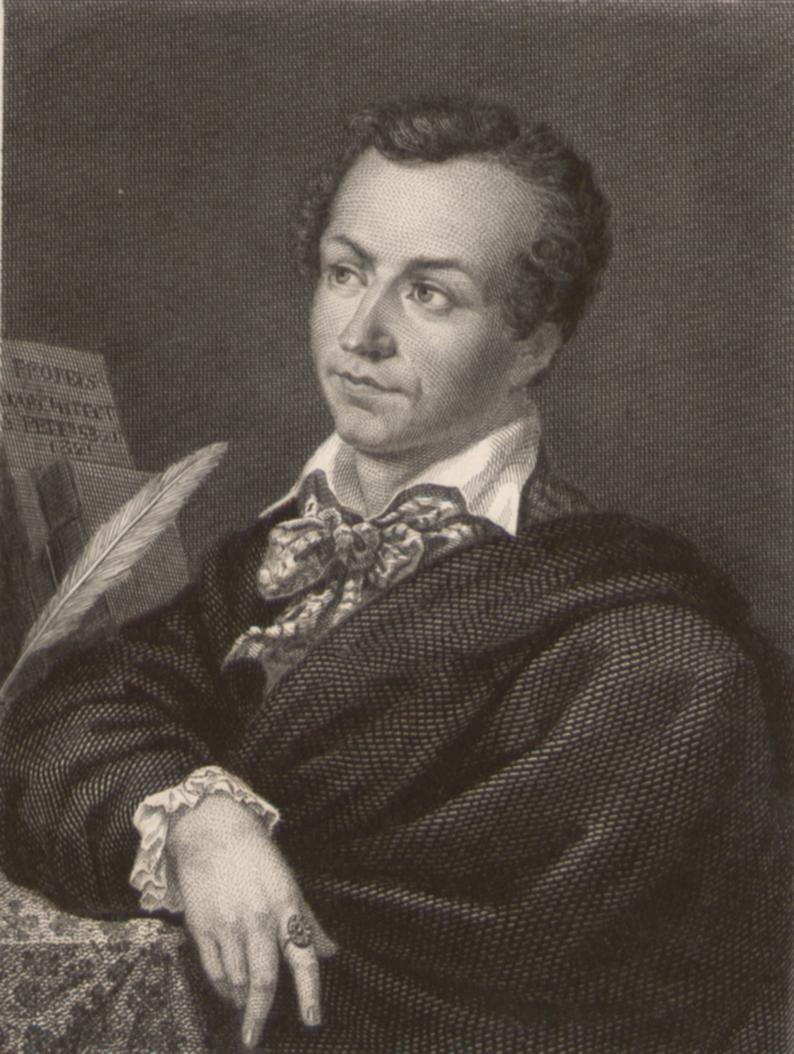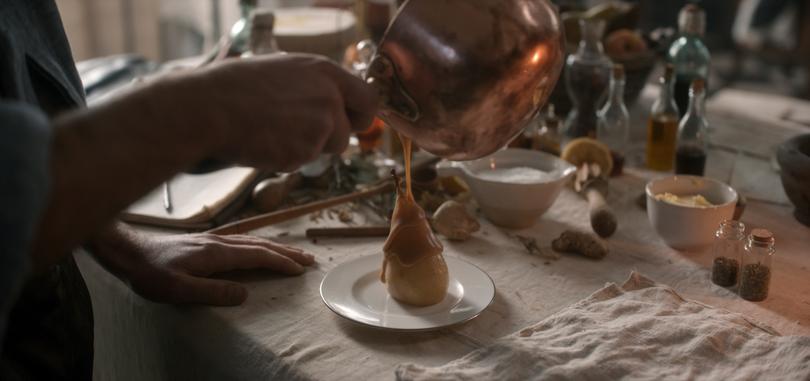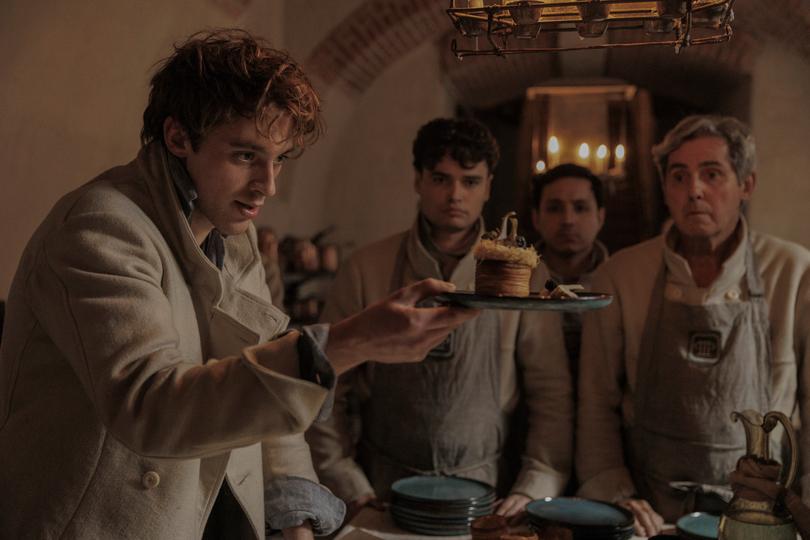Antonin Careme: The world’s first celebrity chef gets his own streaming series
Antonin Careme was credited with inventing the croquembouche, the vol-au-vent and codifying the five mother sauces. There would be no celebrity chefs today without Careme.

In the fifth episode of new streaming drama Careme, a contest is held in the grand salon of the Hotel de Galliffet.
Three renowned cooks have presented their concoctions under the dome of a shiny cloche. The lids are lifted and the judges savour and eviscerate each dish. The critiques are sharp but the compliments are superlative.
It could’ve been a tableau out of any cooking competition on TV in 2025 but this scene is set at the dawn of the 19th century, and one of the cuisiniers is Antonin Careme, the father of French cooking and the world’s first celebrity chef.
Sign up to The Nightly's newsletters.
Get the first look at the digital newspaper, curated daily stories and breaking headlines delivered to your inbox.
By continuing you agree to our Terms and Privacy Policy.Famous chefs are plenty today but Careme was the first to gain notoriety amid the social re-ordering of post-revolutionary France.
He is credited with the invention of the vol-au-vent and the croquembouche (popularised this century by MasterChef and The Great British Bake Off), the codification of the five mother sauces (bechamel, velouté, espagnole, tomate and hollandaise), and was famed for his spun-sugar sculptures (his pieces montees).
He cooked for kings (George IV), emperors (Napoleon) and tsars (Alexander I) and wrote cookbooks that served as the foundation for chefs for the next two centuries. There would be no Julia Child, Paul Bocuse or Marco Pierre White without Careme.

Given the increased popularity of cooking shows in the past quarter-century, it’s surprising no one had made a TV series about him before.
Streaming on Apple TV+, Careme is a historical thriller that places the young chef in the middle of the politicking and plotting during Napoleon’s First Consul era. Under the employ of foreign minister Charles-Maurice de Talleyrand-Perigord, Careme is drawn into a conspiracy, working as a spy.
There’s no historical evidence that Careme was ever involved in espionage although author Ian Kelly, whose book Cooking for Kings: The Life of Antonin Careme, the First Celebrity Chef was used as the basis for the series, claimed there were rumours.
The Careme in the show is a bit punk and rock-and-roll with his tousled hair, earring and enfant terrible demeanour, but what the enjoyable if not a tad arch series does well is it incorporates how food and diplomacy can go hand-in-hand.
As the fictionalised Talleyrand tells Careme, he needs to have the best and most famed chef working for him because that’s how he gets important people to dine at his home.
In another moment, Careme prepares the most divine potato dauphinoise for an exiled Louis XVIII as a subtle persuasion that the ancien regime the former royal clings onto is gone. His way of life is just faded memories.

That proto-MasterChef competition from earlier, the judges included real-life gourmands Grimod de la Reyniere, considered the world’s first restaurant critic, and Jean Anthelme Brillat-Savarin, a lawyer who coined the term gastronome and now has a delicious triple-cream cheese named after him.
The historical context of the real-life Careme goes a long way to explain why he was the world’s first celebrity chef. Everything coalesced at exactly the right time for Careme to not just distinguish himself but to create a new way of thinking about food.
Born in 1783 or 1784 to a poor family in Paris, he was one of a multitude of children and before he turned 10, was sent out of the family home to fend for himself. He found lodgings with a cook, and eventually apprenticed with a pâtissier named Sylvain Bailly.
Careme’s creations became famous for their elaborateness. He took inspiration from his other obsession, architecture, and designed sculptural pieces out of confection. Displayed in the window of the patisserie, Paris became entranced with his gifts.
Talleyrand took notice and that’s how Careme was elevated into the rarefied air of the powerful elite, serving his dishes to royalty and, eventually, as the private chef to the Rothschilds.

The times suited Careme. Even though he cooked only in private kitchens and for the very privileged, Careme was influential in the development of what we now know as the restaurant.
The French are widely considered to have invented the restaurant beyond roadside inns and taverns. Originally, they were essentially soup joints, serving takeaway, but after the revolution the guilds which governed food production were kneecapped, and a more permissive culture flourished.
More outdoor leisure spaces with shops and ateliers created demand for public eating places, and restaurants flourished. There had also been throngs of chefs and cooks that had worked in aristocratic homes when their previous masters had been either guillotined or exiled, now looking to ply their skills elsewhere.
Careme’s cookbooks (some of his recipes are in the Kelly biography) were written not for the home cook but for his fellow professionals, including Auguste Escoffier, who carried on his legacy as French cuisine reigned for another century and a half.
Maybe he wasn’t a derring-do spy, but Careme will always be remembered as the king of chefs and the chef of kings.
Careme is streaming on Apple TV+

